He described the IMF and World Bank's response to the COVID-19 pandemic as a "clear failure" that has left dozens of countries in debt.
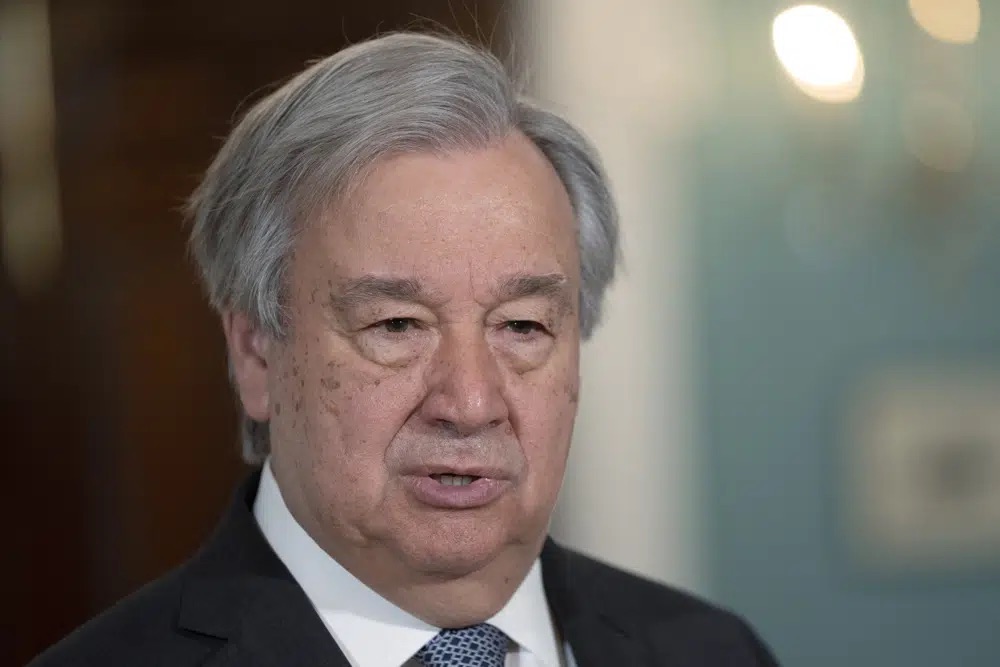
United Nations Secretary-General Antonio Guterres. Photo: AP
Guterres’s criticism in a recent article was not the first time he has called for an overhaul of global financial institutions. But it was his most in-depth analysis of the issues, based on the institutions’ response to the pandemic — what he called a “stress test” for the institutions.
His comments came ahead of meetings hosted by French President Emmanuel Macron in Paris on Thursday and Friday to address reforms of multilateral development banks and other issues.
Neither the IMF nor the World Bank responded directly to the UN Secretary-General’s criticisms and proposals. But Mr. Guterres’s comments echo those of outside critics who say the IMF and World Bank’s leadership roles are limited by the powerful countries that control them, and have faced calls for reform.
Richard Gowan, head of the UN International Crisis Group, said there was a lot of frustration with the US and its European allies dominating decision-making, leaving African countries with only “a modicum of voting power”.
“To be fair, the World Bank has tried to update its funding procedures to address these concerns, but it has not gone far enough to satisfy countries in the Global South,” said Gowan.
Mr. Guterres said it was time for the boards of the IMF and World Bank to correct what he called historical errors and “biases and injustices built into the current international financial architecture.” That “architecture” was established when many developing countries were still under colonial rule.
Mr. Guterres said the institutions had failed to keep up with global growth. He said the World Bank had just $22 billion available for low-interest loans and grants for development programs. As a percentage of global GDP, that was less than a fifth of its funding level in 1960.
At the same time, many developing countries are in deep financial crisis, aggravated by inflation, rising interest rates and deadlock in debt relief.
He said the IMF’s rules unfairly favored wealthy nations. During the pandemic, the G7, with a population of 772 million, received the equivalent of $280 billion from the IMF while the least developed countries, with a population of 1.1 billion, were allocated just over $8 billion.
He called for major reforms to increase the representation of developing countries on the boards of the IMF and World Bank. He also called for scaling up finance for economic development and addressing the impact of climate change.
Mai Anh (according to AP)
Source


![[Photo] Closing of the 11th Conference of the 13th Central Committee of the Communist Party of Vietnam](https://vstatic.vietnam.vn/vietnam/resource/IMAGE/2025/4/12/114b57fe6e9b4814a5ddfacf6dfe5b7f)
![[Photo] Overcoming all difficulties, speeding up construction progress of Hoa Binh Hydropower Plant Expansion Project](https://vstatic.vietnam.vn/vietnam/resource/IMAGE/2025/4/12/bff04b551e98484c84d74c8faa3526e0)






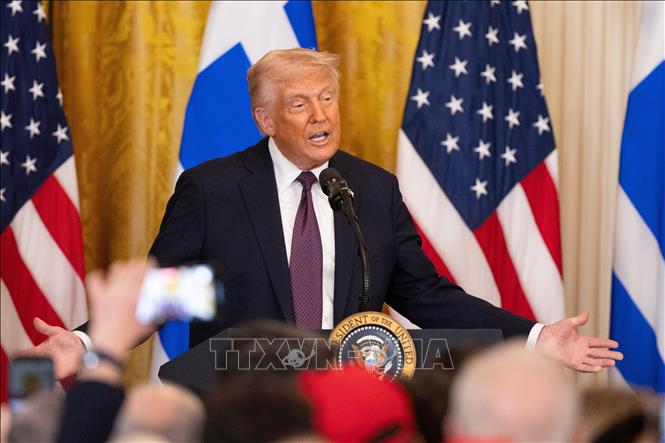

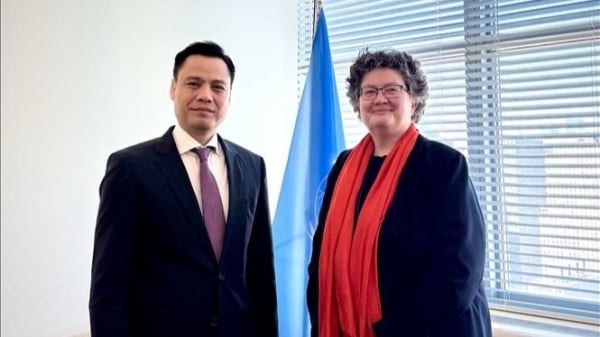

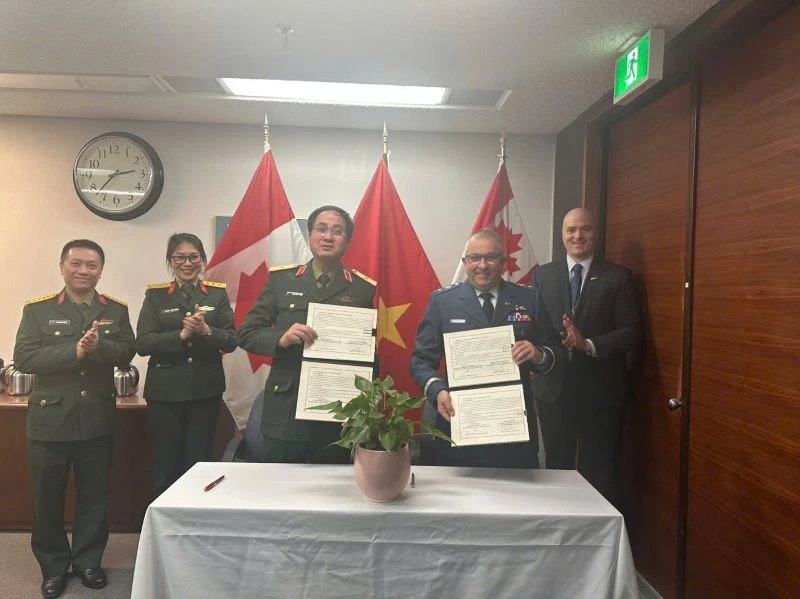
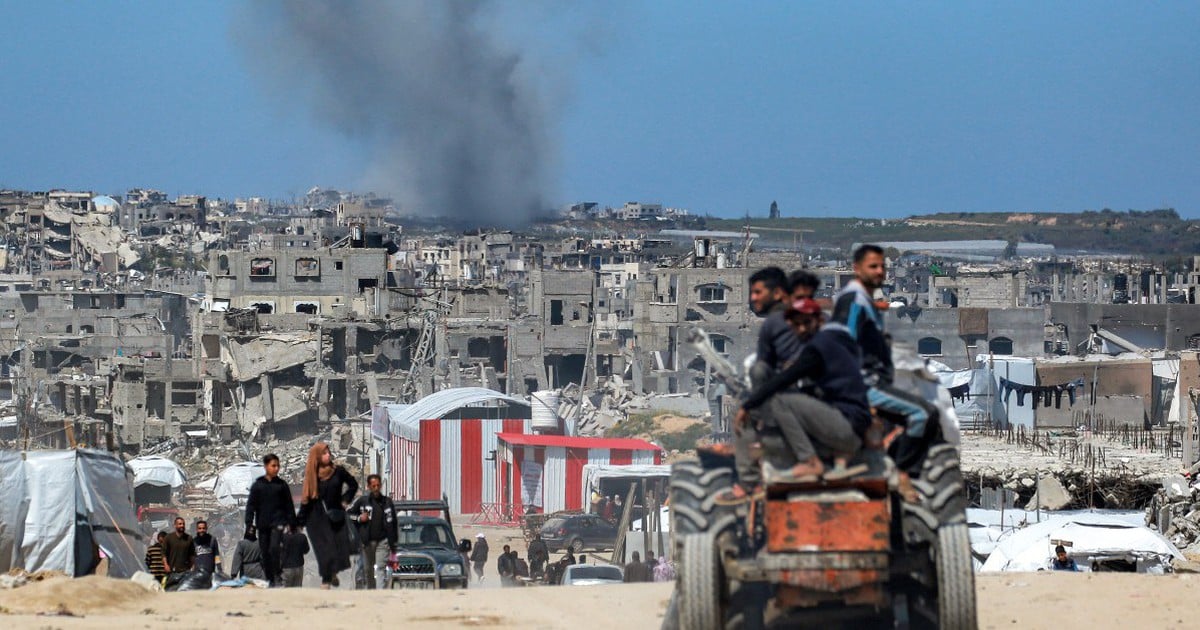





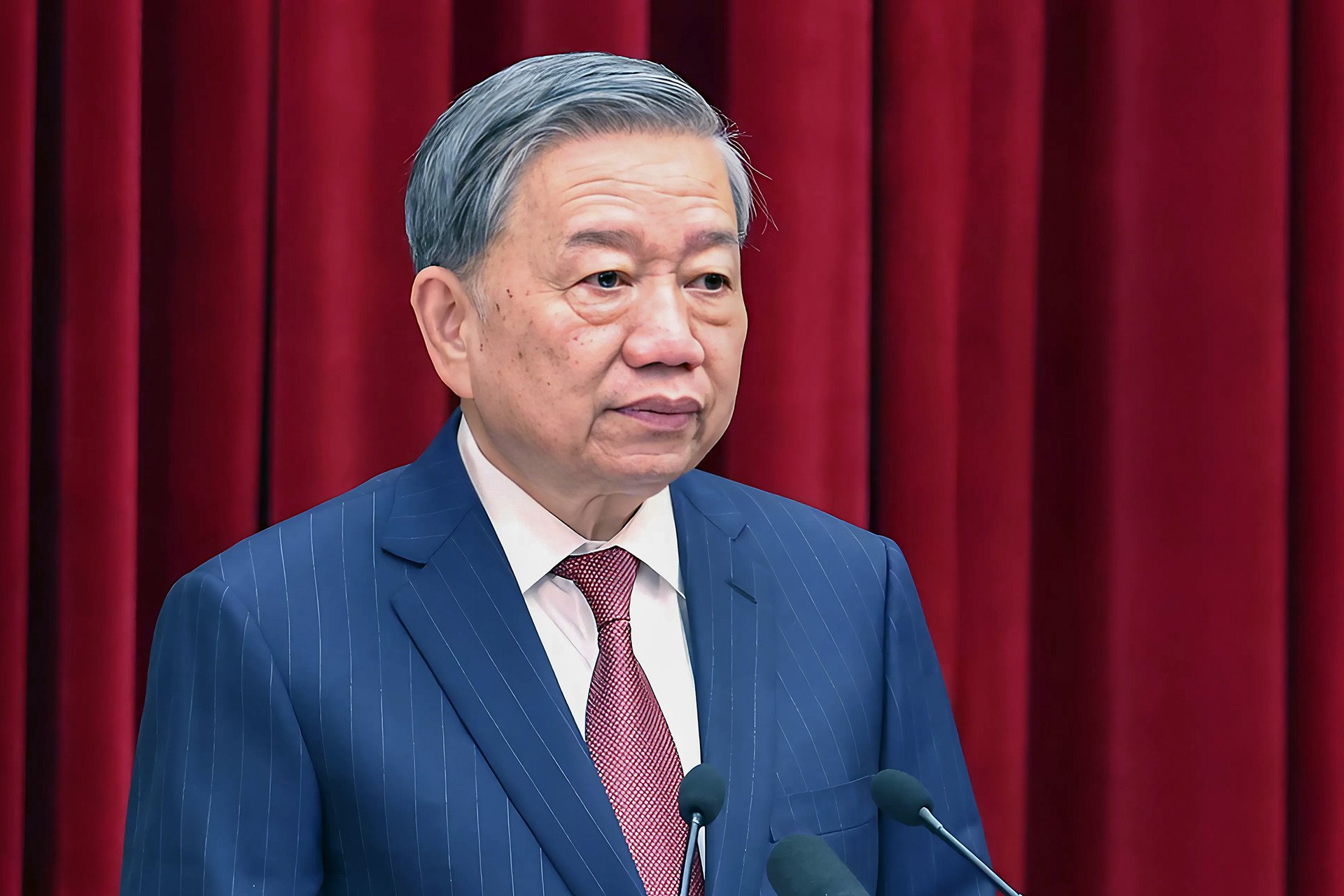

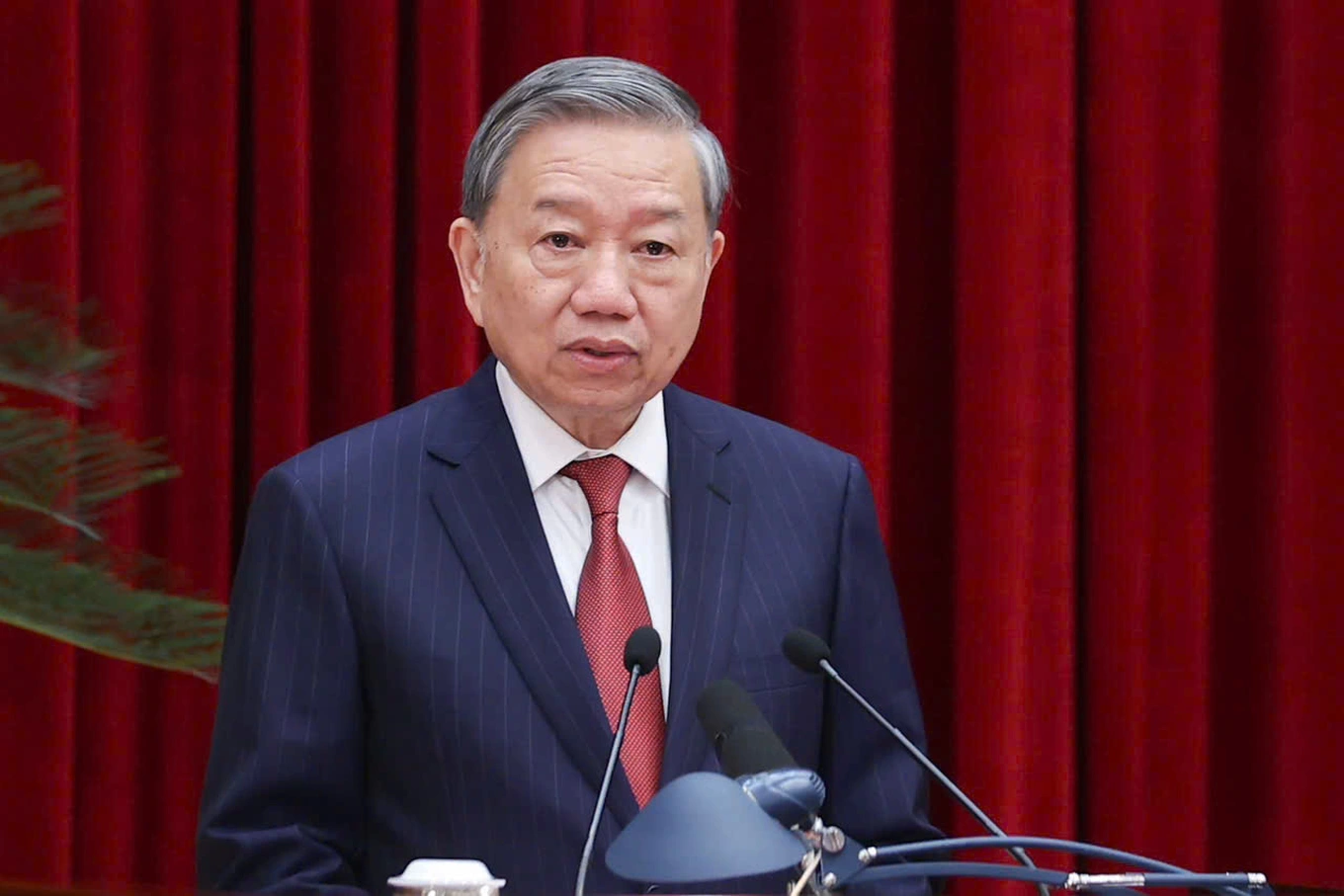
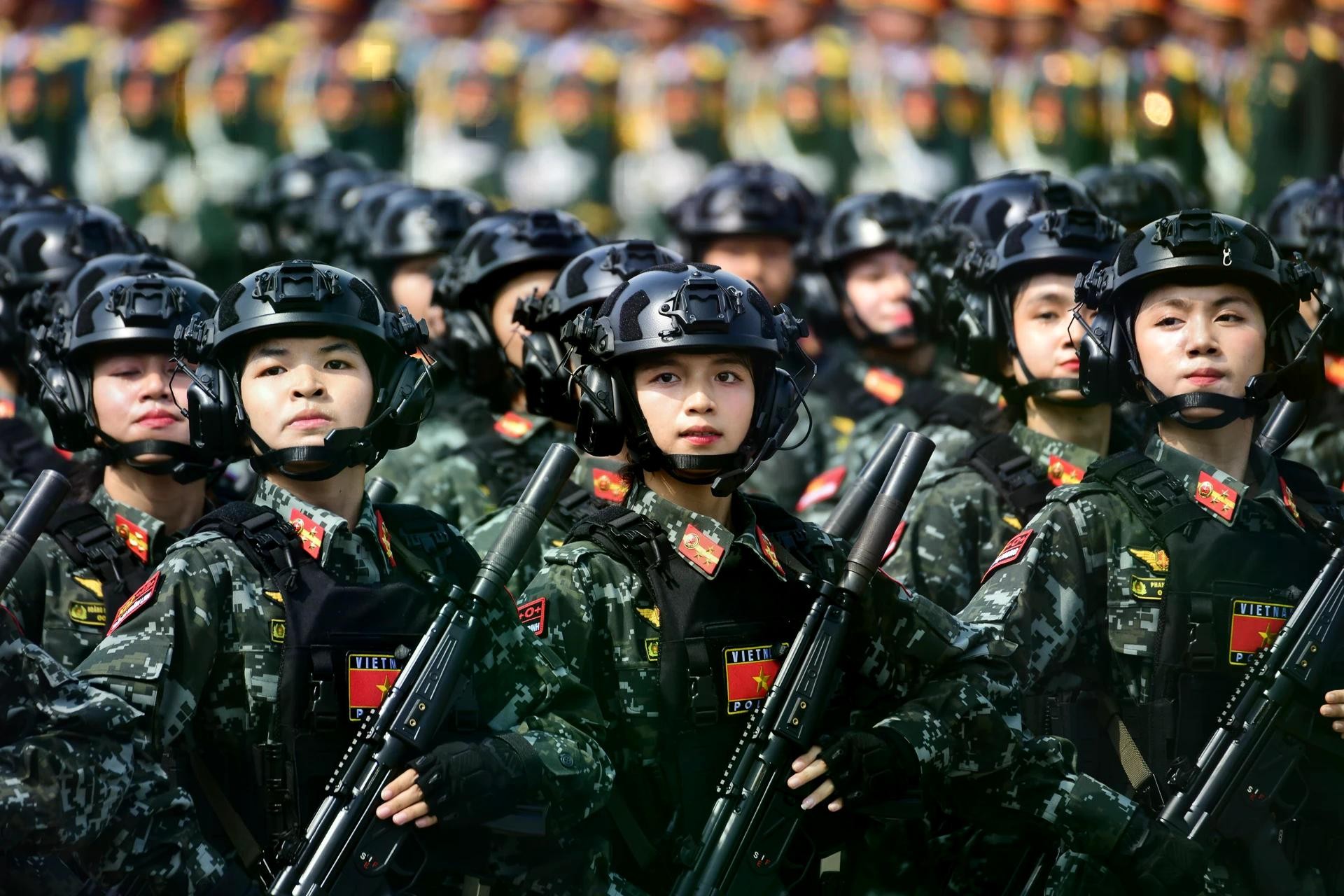





















































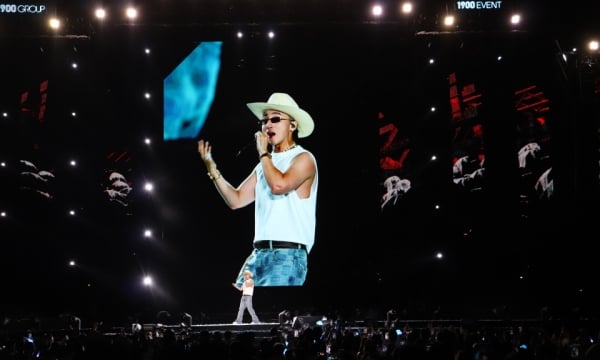
















Comment (0)